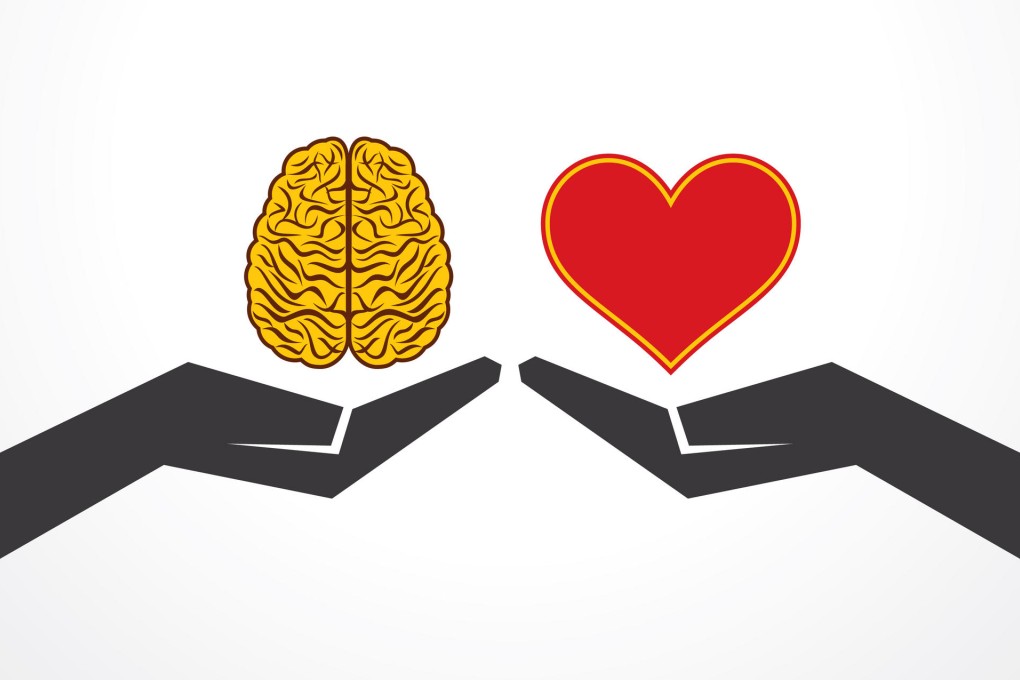Hong Kong schools and parents need to emphasise life skills teaching

Students who have recently graduated from school are preparing to embark on their college careers made possible by the grades they have received at their secondary school-leaving exams. But how prepared are they for the next chapter in their lives?
Most students will be 18 when they start their university education - the age they are regarded by the law as being able to "manage their own affairs". But how do we know if they can actually do that?
If there was a life skills report card, would we as parents be as impressed with their life skills grade as we are with their academic grades?
Life skills, unfortunately, is an abstract and broad term for the abilities one would need for full participation in everyday life. And the World Health Organisation informs us that these are comprised of adaptive and positive behaviours that enable individuals to deal effectively with the demands and challenges of everyday life. While they can be taught and learn through experience, their context is shaped by the society to which students belong.
Social, thinking and emotional skills are considered as core life skills and a number of international agreements and conventions directly and indirectly highlight their learning. In fact, the World Development Report from 2007 identified "enhancing capabilities through life skills education" as one of three policy directions recommended to help young people develop and contribute to society.
However, a Google search for life skills returns 240,000,000 hits, including "7 essential life skills", "12 life skills students need to succeed", or "27 skills your child needs to know that she's not getting in school".
So I did a casual survey among friends and family members. I asked how they would determine whether an individual has, say, good social skills. One said the language of such individuals would be grammatically correct and they would enunciate their words well. Good diction helps others listen better. Another said good eye contact was imperative. Yet another believed manners and being courteous was intrinsic to having good social skills.
